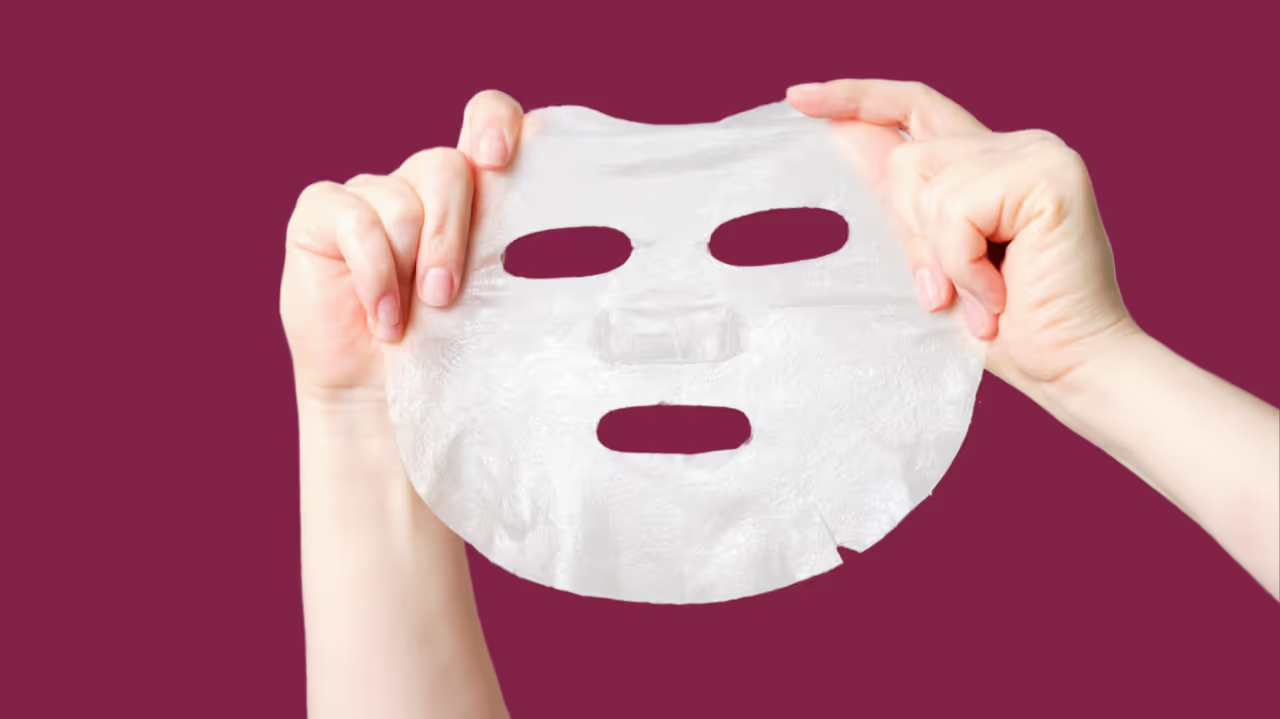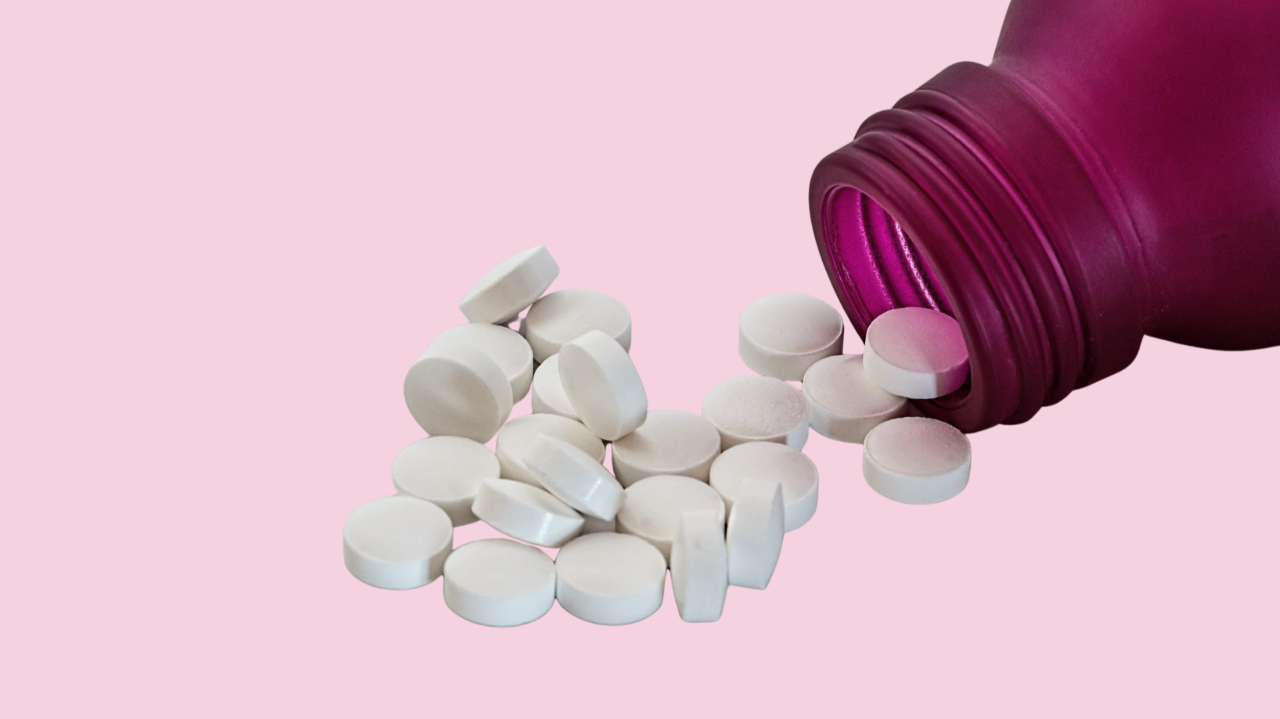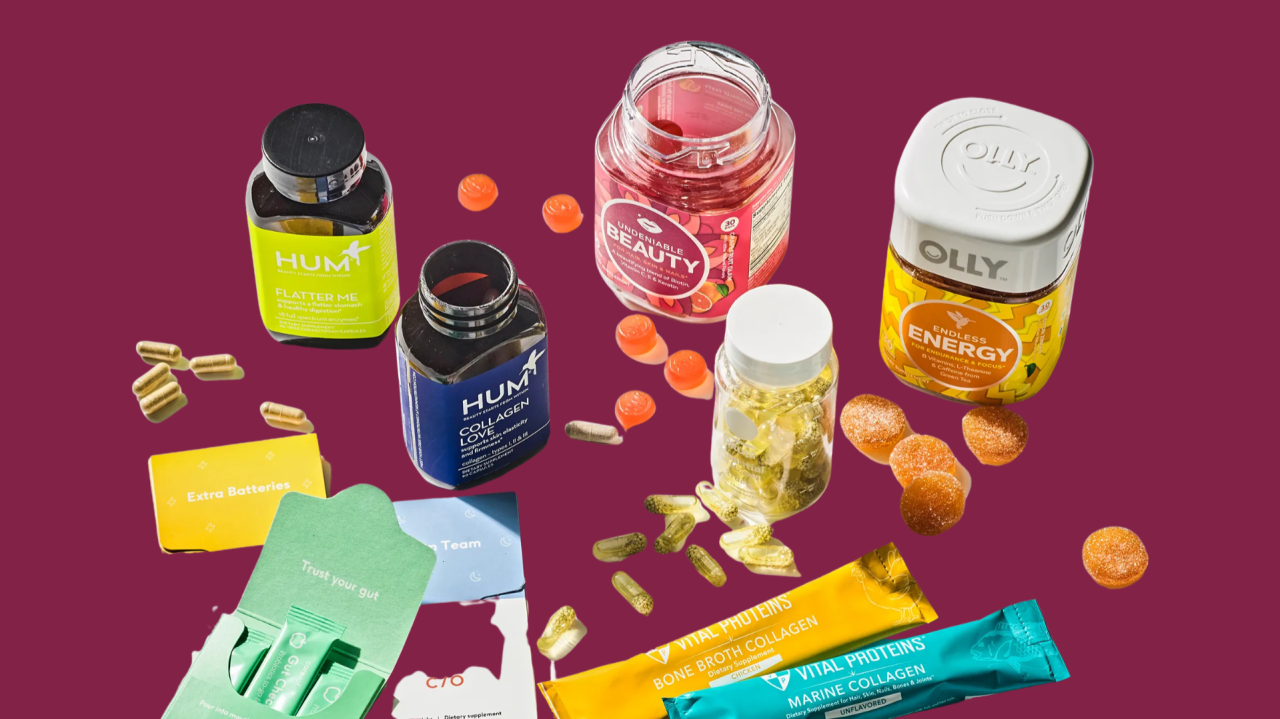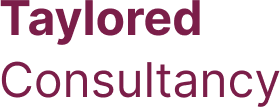Developing a product is no small feat—countless hours, resources, and passion go into bringing an idea to life. But what happens when the regulator says, “Not approved”? It’s a situation no one wants to face, but it’s not the end of the road. Here’s how to move forward strategically, preserve your investment, and rebuild for success.
Step 1: Understand Why
The first step is to dive deep into the feedback you’ve received. Rejection isn’t arbitrary—it’s rooted in regulations, scientific evidence, or both. Whether it’s a missing safety study, insufficient documentation, or labelling inaccuracies, understanding the root cause of the rejection is crucial.
Pro tip: Don’t just skim the report. Get into the details and, if needed, consult a regulatory expert who can translate the jargon into actionable steps.
Step 2: Reflect on Compliance Gaps
Did your product testing meet industry standards? Are your claims substantiated? For instance, if you’ve marketed your cosmetic as “hypoallergenic,” did you conduct the necessary clinical testing? Regulators demand proof, and so do consumers.
It’s frustrating, but compliance isn’t optional—it’s foundational. Think of rejection not as a roadblock but as a checkpoint to refine your offering.
Step 3: Revise and Reassess
Once you’ve identified the gaps, it’s time to take corrective action. This might mean conducting additional safety studies, reformulating your product, or revising your labels. In some cases, it may involve redefining your product’s claims entirely.
For example, I’ve seen brands claim “vegan” or “plant-based” without any certification or substantiating evidence. Not only does this mislead consumers, but it’s also a compliance red flag. Don’t let vague or unsupported claims sabotage your product.
Step 4: Seek Expert Guidance
You don’t have to navigate this alone. Regulatory consultants can be your biggest ally, helping you understand complex regulations and identify the best path forward. Whether you’re in the medical device, food supplement, or cosmetics industry, the right guidance can save you time, money, and stress.
At Taylored Consultancy, we specialise in these moments. From reviewing your product’s regulatory strategy to preparing for re-submission, we help ensure your next steps are the right ones.
Step 5: Communicate Transparently
Rejection is tough, but it’s also an opportunity to build trust. If your product needs revision, be honest with your audience. Consumers value transparency, and admitting to improvements shows your commitment to quality.
Step 6: Don’t Give Up
One rejection doesn’t define your product—or your brand. Use this as an opportunity to make your product even better. Remember, every successful brand has faced setbacks; the difference lies in how you respond.
Regulatory hurdles can feel overwhelming, but they’re also a sign that you’re in a competitive, high-stakes industry where credibility matters. When done right, overcoming these challenges only strengthens your position in the market.
Facing a roadblock with your product? At Taylored Consultancy, we’re here to help you navigate the complexities, revise effectively, and get back on track. Let’s chat about how we can support your success.


 By admin
By admin
.svg) Jan 29, 2025
Jan 29, 2025







